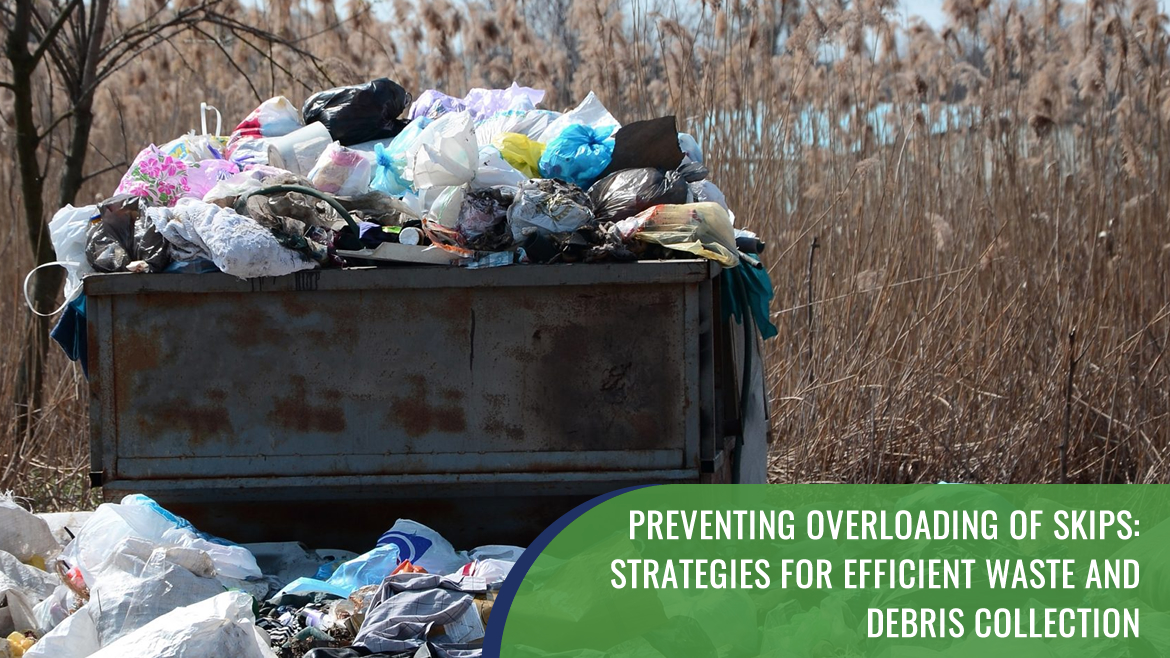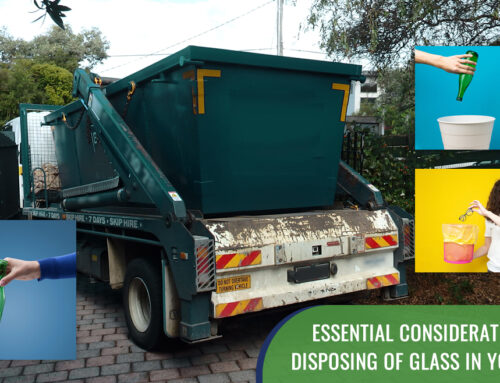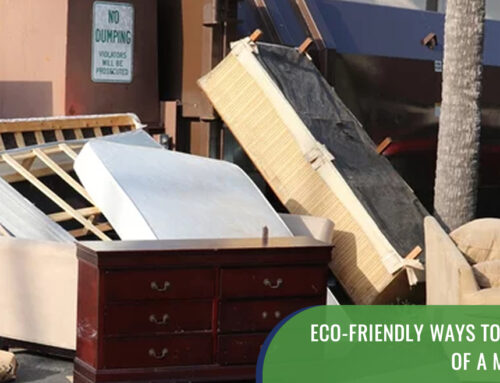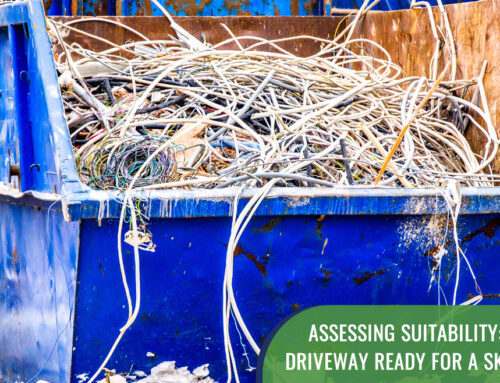Efficient waste and debris collection is crucial for maintaining clean and organized environments. To streamline this process, many have started to employ the use of skips. Skips helps manage waste collection by providing designated skips for waste disposal. However, overloading these skips can lead to logistical challenges, decreased efficiency, and even environmental concerns.
In this article, we will explore effective strategies to prevent overloading of skips, ensuring smooth waste and debris collection operations. By implementing these techniques, you can optimize their waste management processes, minimize disruptions, and maintain a clean and safe environment for all stakeholders.
Join us as we delve into key strategies that will help you avoid overloading skips ensuring its optimal performance and enhancing waste management efficiency.

Regular Maintenance Schedule:
Establish a regular maintenance schedule for skips to ensure that it is emptied and serviced at appropriate intervals. This will prevent the skips from becoming overloaded with waste and debris.
Optimize Skip Sizes:
Evaluate the waste generation patterns in your specific environment and choose skip sizes that align with your needs. If skips are consistently becoming overloaded, consider using larger skips or increasing the frequency of skip collection.
Segregate and Sort Waste:
Encourage proper waste segregation and sorting at the source. Provide clear instructions and separate bins for different types of waste, such as recyclables, organic waste, and general waste. This will help optimize the use of skips and prevent overloading by ensuring that waste is appropriately distributed.
Educate Users:
Educate users about the capacity limitations of skips and the importance of not overloading them. Promote responsible waste disposal practices and provide guidelines on how to use the skips efficiently. This will help raise awareness and reduce the chances of overloading.
Monitor and Adjust:
Regularly monitor the fill levels of skips to identify patterns and trends. If certain skips consistently become overloaded while others remain underutilized, consider redistributing the skips or adjusting the collection schedule accordingly.
Collaboration with Waste Management Services:
Maintain open communication with waste management service providers. Share information about your waste generation patterns and work together to optimize skip collection schedules based on your specific needs. They can provide valuable insights and suggest adjustments to prevent overloading.
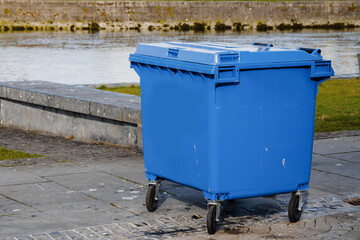
Preventing overloading of skips, the waste and debris collection system, requires a combination of proper planning, maintenance, waste segregation, user education, and collaboration with waste management services. By implementing these strategies, you can ensure that skips are used efficiently and effectively, minimizing the risk of overloading and maintaining a clean and organized environment.
Need more advice on how to hire a skip? Call us on 0208 686 9444

